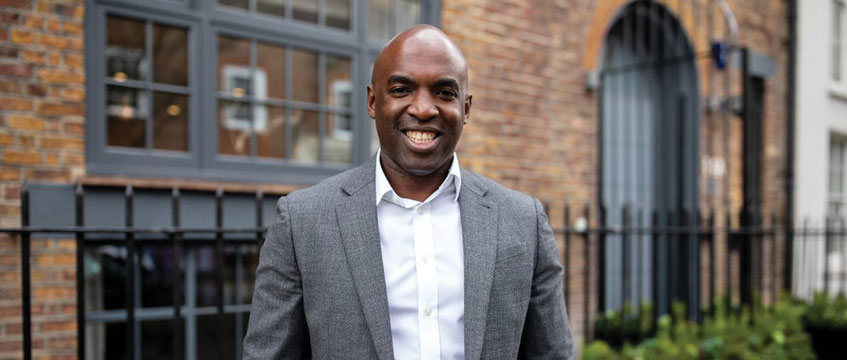COMMENT It has been 10 years since the Public Services (Social Value) Act was passed by the House of Commons. This legislation requires public authorities, including housing associations, to consider the economic, social and environmental benefits that can be achieved through their procurement processes.
The Act came into force in January 2013. Since then, local authorities have had to consider how to create collective benefit for their local communities. At the start of 2021, the Act’s provisions were extended by the adoption of Public Policy Note 06/20 to apply social value to all central government contracts.
When the Act first came into force, social value was, at best, a bolt-on for the vast majority of the real estate industry. But the pandemic has pushed the concept further into the spotlight. It led to an increased focus on communities, wellbeing and the spaces around us, turning ESG and therefore social value from a “nice to have” to a “must have”.
Creating opportunities
The impact on people’s livelihoods, health and wellbeing will continue to have long-lasting social and environmental implications. As we rebuild the economy, delivering genuine social value will play an integral role. To borrow two key government phrases, we need to build back better and level up.
It is therefore vital for the real estate industry to ensure that developments deliver for the local community. This involves getting on the ground and engaging with local authorities, residents and local groups, to boost our understanding of particular needs and conditions. By taking a community-first approach, the capital we invest will create schemes that bring tangible benefits.
At Dominvs, we achieve this through partnerships with local organisations such as Culture Mile, Baron’s Court Project and Nine Elms Arts Academy, alongside attending and speaking at events such as UKREiiF in May. This could also be through creating opportunities such as providing apprenticeships during the construction phase. Or by working across our supply chain to offer opportunities for local people, through the delivery of workshops, internships and work experience.
But it’s not just during the construction and completion phase where we can contribute genuine community benefit.
Our meanwhile scheme, Gaia’s Garden, brought 1,300 people – predominantly from under-represented communities – back into the City of London to learn about the importance of nature, diversity and sustainability through free public workshops, installations and performances.
The completed student accommodation scheme will include a ground floor collaborative cultural and community space to build upon the success of Gaia’s Garden, as well as a publicly accessible roof terrace offering fantastic views across London.
Investment, not cost
At Dominvs, we embed social value across the entire development cycle. Our in-house social value unit works alongside investment and development teams from the start of the process to ensure we can embed long-term, socially sustainable outcomes for the community. We see social value as an investment and not a cost. Dominvs has also sought to learn from the public sector procurement process to educate and collaborate with our supply chain partners to make sure they’re demonstrating ethical and environmentally friendly practices that are in line with our social value charter.
By bringing the community on the journey, creating opportunities and engaging early, it is possible to increase support for planning applications and reduce the likelihood of objections.
The real estate industry has the power and responsibility to create economic, social and environmental benefits for communities. Working in partnership with supply chains, local communities and public bodies, we can ensure the delivery of the social value that stakeholders wish to see created – and deserve – from real estate developers.
Wesley Ankrah is director of social value and community investment at Dominvs Group











